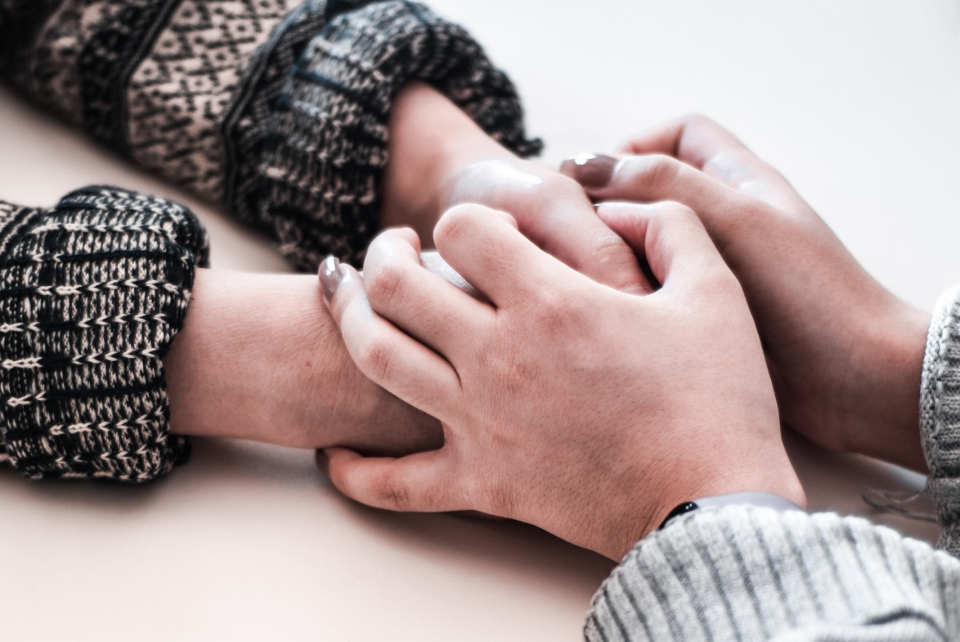You may feel completely overwhelmed with everything right now.
Please know that you will survive this. You are not alone. Many of us have experienced what you’re experiencing. We, too, are survivors of suicide. We are here to help you and to offer hope. Please hear us when we say, “You are not alone.”
In the U.S., suicide is the 10th leading cause of death among adults. Each year, nearly 50,000 individuals die from suicide. In the state of Ohio, suicide is the 11th leading cause of death. In fact, 1 person dies every 5 hours by suicide in our state.
Since 2000, the suicide rate in this country has continued to increase.









